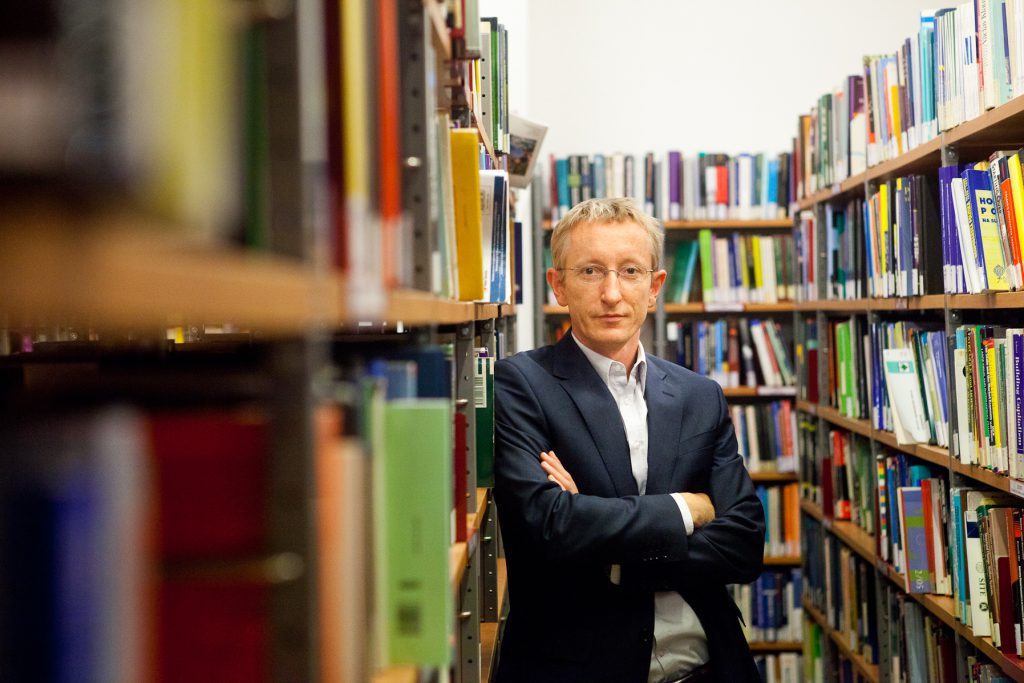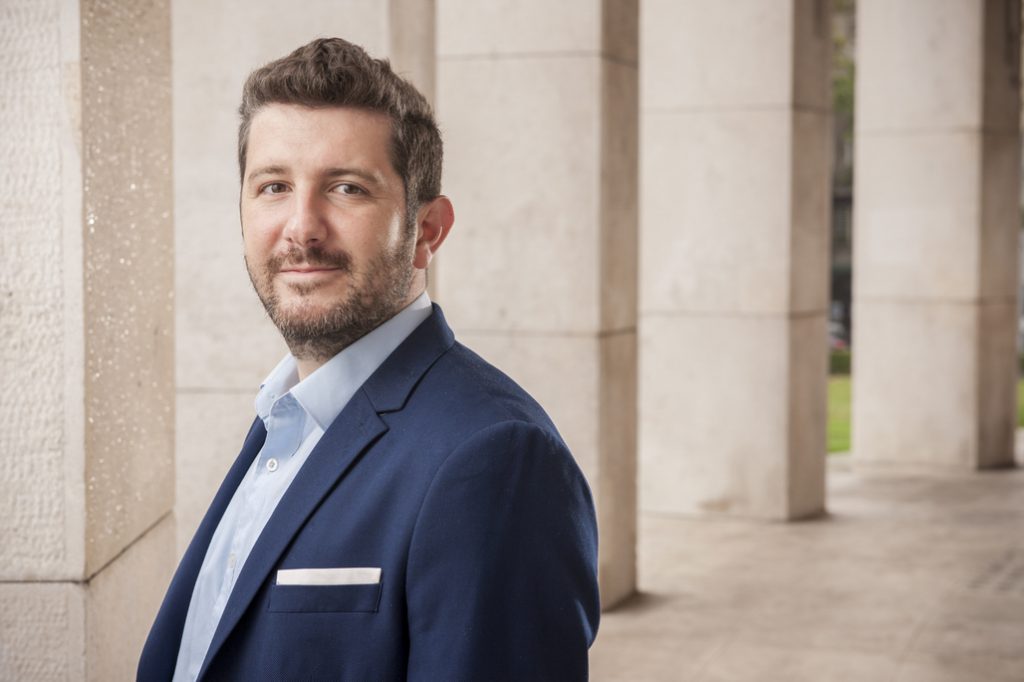In GLO Discussion Paper No. 450, GLO Fellows Stepan Jurajda and Dejan Kovač have recently provided research evidence revealing that given first names of leaders from World War II can predict behavior in the 1991-1995 Croatian war of independence and beyond in society including voting. It provides hard evidence for intergenerational transmission of nationalism. This research work has found already much interest in the scientific community and beyond. It was reviewed by anonymous referees of the Journal of Population Economics and finally accepted for a forthcoming publication in a 2020 journal issue. Below, the authors are interviewed about the background and context of this research.
Stepan Jurajda & Dejan Kovač: Names and Behavior in a War, GLO Discussion Paper 450, 2020. Forthcoming Journal of Population Economics.
Interview
GLO: Scientists across various disciplines have found in recent studies that names of individuals reflect important information about norms, preferences and behavior. What is your innovative approach?
Stepan Jurajda: Our analysis implies that having a ‘nationalist’ first name, one that is synonymous with previous war leader(s), predicts costly patriotic behavior in a current war, presumably due to values transmitted from parents. In our analysis, name choices thus act as an indirect proxy for a strong form of nationalism — the willingness to fight and die in a war for national independence.
Dejan Kovač: Such values are in principle difficult to elicit in surveys, which, together with the war context, sets our analysis apart from other research based on names.
GLO: Other researchers show that history, culture and personal experiences long time ago have a strong impact on current behavior. How does this contribute to our understanding of challenging issues of our time?
Dejan Kovač: Our study of the active engagement in the delivery of an extremely costly public good suggests that the living memory of a previous war allows nations to deal with the collective action problem of participation in a current war.
Stepan Jurajda: We also provide evidence on the nature of inter-generational transmission of political values, an issue that is receiving more and more attention in recent research.
GLO: How did you come to this topic of research, names and behavior in a war?
Dejan Kovač: We were aware of previous research on how names affect individual outcomes on the labor market and in many other settings, and we were wondering whether this strategy can help us understand the massive volunteering for the 1991-1995 Croatian War of Independence. After realizing that indeed it can, we also studied how the values we approximate using name choices relate to current political values in the country.
GLO: What can the world learn from your study?
Stepan Jurajda: Our measurement approach for values that are difficult to elicit in surveys and for values that affected historical events is applicable in other countries that feature a sharply divided ethnic mix and in settings where leaders’ names are notoriously associated with their political beliefs. Given the widespread availability of birth certificate records, the approach is available in many historical settings and it naturally lends itself to the study of inter-generational transmission of values within families, which can help us understand why the effects that wars have on political values and on in-group cooperative behavior are so long-lived.
GLO: Dejan, the paper raised a lot of controversy during your recent campaign for President, why?
Dejan Kovač: Unfortunately, in Croatia we have not yet dealt with many important historical debates and there is still a great division today in the society related to the WWII Croatian history. In fact, one of the reasons of my candidacy was to promote not only civic freedoms, but also scientific freedoms to explore “untested” hypotheses. I would say the paper was used to misinform the general public in order to discredit my political candidacy. The paper does not claim that the values related to the names we study are the same as the values of the WWII leadership of Croatia; we simply have a proxy for nationalistic/patriotic values as of 1991-1995 that allows us to study several important questions. The attacks did not relate to the methodology and made little scientific sense; they were purely political and came from individuals who are politically active, either on the far right or the far left part of the political spectrum. Since some of my other research is on political networks and corruption, I guess I should not be surprised to be attacked through misrepresentation of my work. My agenda is purely scientific and I am a firm believer in a well functioning democracy, where we have institutions, which battle corruption. That being said – the research as well as my political activism mission goes on!
(Note: See also the recent GLO interview with Dejan Kovač about his Presidential Race in Croatia.)
***
With Stepan Jurajda & Dejan Kovač spoke Klaus F. Zimmermann, GLO President.
About the authors
Stepan Jurajda: CERGE-EI; Professor at Charles University Prague and Academy of Sciences of the Czech Republic.
Dejan Kovač: Postdoctoral Research Associate at the Woodrow Wilson School of Public & International Affairs and Economics Department at Princeton University.
Ends;



